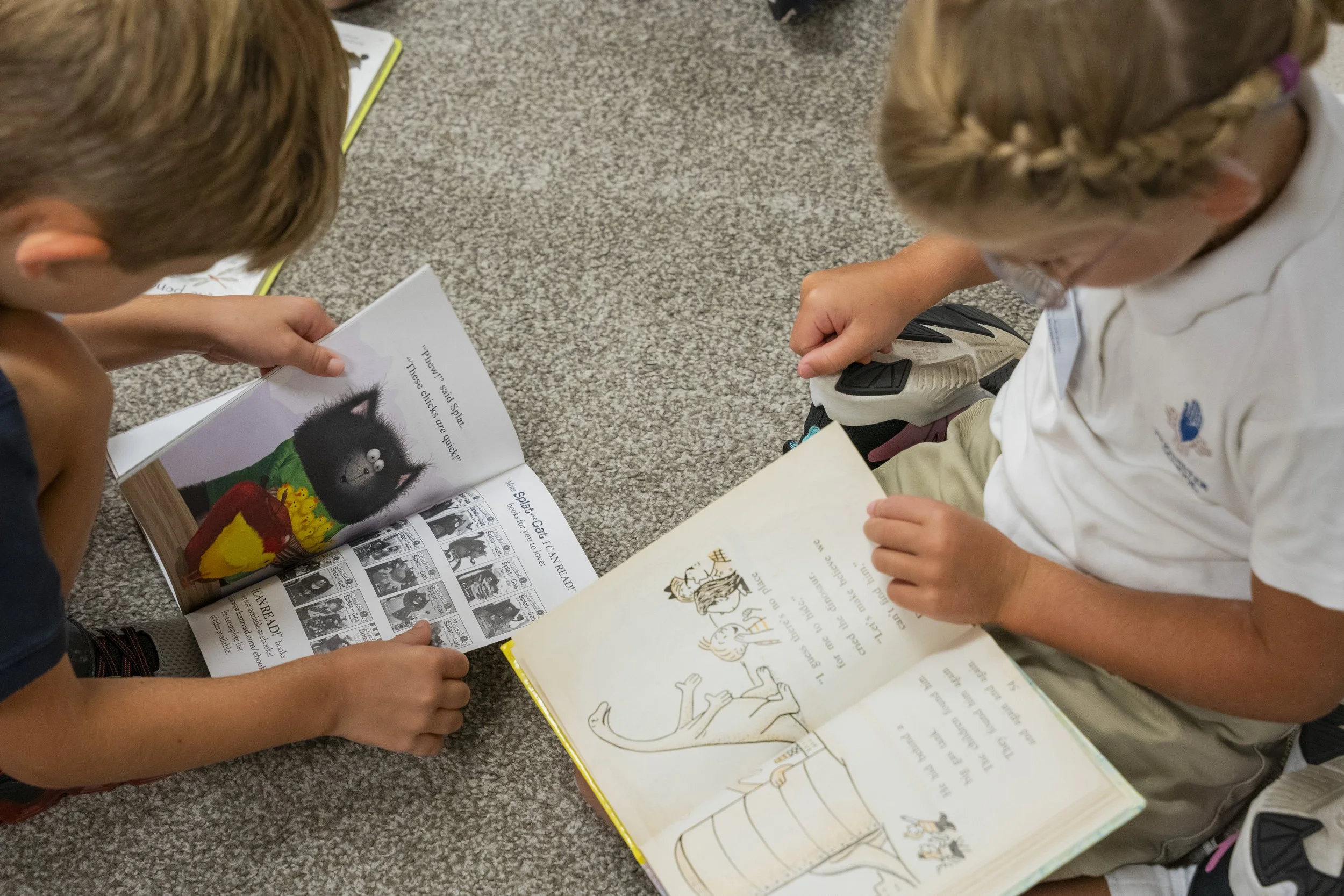Authority
parents must exercise authority that is consistent, loving, humble, and redemptive.
By Clint FISHER, Dean of Students and Families
We’ve all seen it, a young child screaming in the store because they want something. In that moment, many of us recall similar scenes from our own parenting journeys. But what is really happening beneath the surface of that meltdown?
In chapter eight of Parenting, Paul Tripp explains that the central issue is authority. Every person, from birth, carries an innate desire for self rule, the longing to make our own choices and control our own destiny. Our culture fosters and cultivates this desire, and we can find ourselves asking, “What is the big deal?”
The danger, Tripp argues, is that if children are not taught that they live under authority, life becomes confusing and unmanageable. Left to figure it out on their own, they will inevitably form a distorted and broken view of authority, one that sets them on a path toward frustration, conflict, and ultimately destruction. Authority, then, is not optional; it is foundational to healthy living.
Selective Submission
So how do we help our children embrace the right view of authority? Tripp insists that parents must exercise authority that is consistent, loving, humble, and redemptive. This requires examining our own lives first. When we cut corners, bend rules, or treat obedience as optional, we model for our children that authority is subjective and conditional. In doing so, we undermine our own influence, especially as they reach the teen years. Tripp warns that modeling selective submission can be just as damaging as wielding authority harshly or selfishly. Both approaches feed the natural human desire to reject authority and pursue only personal desires, which, when fully grown, blossoms into rebellion.
Authority Shaped by the Fruit of the Spirit
The alternative is to model authority shaped by the fruit of the Spirit: love, joy, peace, patience, kindness, goodness, faithfulness, gentleness, and self control. When parents embody these qualities, they offer children a living picture of Christ Himself, showing that His authority is not oppressive but good, life giving, and a delight once truly experienced.
And the good news is this: we are not left to parent in our own strength.
God gives us His Spirit to guide us, to empower us, and to humble us when we fail. With Christ walking beside us, we can approach the daunting task of parenting with hope, knowing we are never alone.











At Perimeter School, we are equipping students with perspective, skills, and vision to change culture for Christ.